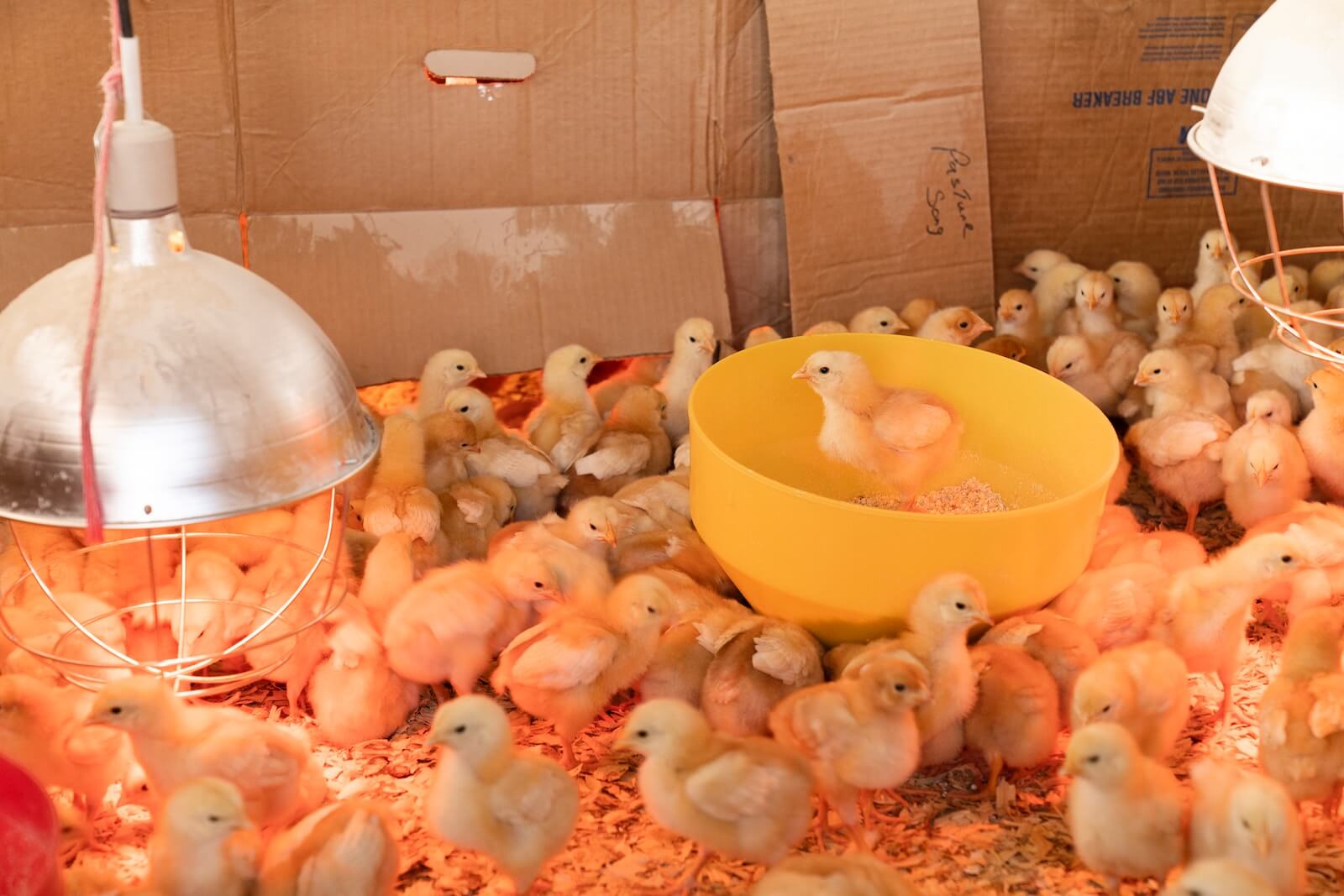Applying optimal poultry farming practices is key to ensuring that your flocks are healthy, productive, and keeping a poultry farm viable.
In the least, you want to get the basics right, log and track your flocks’ performance and consult flock suppliers and certified vets to ensure your practices are optimal for your birds.
Poultry farming
Poultry farming is a major agricultural sector catering both to egg and meat production.
You can get start poultry farming as a hobby; say in the backyard, as a small scale business, or a full blown commercial venture. Generally, it is a one kind of farming that you can easily to get into, with minimal resources.
Nonetheless, irrespective of whether you as a poultry farmer is doing commercial, or backyard poultry farming, ensuring that you are doing properly can make it a joy or a drag.

Tips for high yield poultry farming
1. Get the basics right
There are a number of basic poultry farming elements that you have to get right in order ensure your farm is optimized for high yield. These include
- Know your breed, flock type and its unique needs
- Build proper coop and maintain optimal hygiene and climate conditions
- Obtain and follow your flock’s vaccination and feeding schedule
- Buy the best quality feed for your birds
- Consult with flock supplier or certified vet in case you’re unsure of anything
- Ensure you’ve the resources to maintain your flock until they are able to at least cover their expenses
If you want to do commercial poultry farming, take the time and effort to learn these basic elements. You can go online and find a general overview. However, it is advisable to learn in context by for instance visiting local farmers, asking questions and observing their practices.
Furthermore, you can talk to local certified vets, and consult with them about any concerns you may have.
Before acquiring a flock, you want to make sure that you have an idea of the flock’s liveability rate and productivity, not just from the supplier, but also from farmers who have actually reared that flock. The last thing you want to do is to buy an unproductive flock with high mortality rate.

2. Practice data based poultry farming
Keeping flock records in this day is fundamental to poultry farming. Additionally, there are several ways in which you can log and track your flocks’ performance throughout their lifetime, including our very own app: Kukufarm that is launching soon.
Why is it essential to keep flock records and practice data based poultry farming? Flock records give you immediate knowledge of a number of things including flock’s
- Mortality and liveability rates,
- Egg production and production rate and
- Financial performance
From what such seemingly basic data sets, you determine the viability of the poultry breed you are rearing. Furthermore, you can determine if it fits with your expectations or flock suppliers benchmarks, to say the least.
Lastly, the last thing you want to do is to guess how your flock is performing.
3. Always learn and refine
Poultry farming practices are quite progressive, irrespective of whether you’re engaged in commercial or non-commercial poultry farming. Therefore, keeping yourself at par with refined practices can make a difference for your farm.
But where can you learn about farming practices?
Flock suppliers
The first source of information for poultry farming practices especially for commercial farmers is the flock suppliers.
Flock suppliers can provide you with a comprehensive guide about how to raise a flock to ensure high yield.
Comprehensive flock guides include expected flock mortality and liveability rates, feed and vaccination schedules. For layer flocks: expected start of egg production, expected egg production rate, and end of egg of production. For broiler: expected maturity. Additionally, flock life expectancy.
Farmer training and demo events
These are usually paid, but you can also easily find free ones. Generally, in such events you can learn about new farming practices or how to refine existing ones.
In the best case scenarios, training events take place in farms where you can actually see the practices in context. Moreover, you can take note and pictures, for later reference while figuring how to implement them in your farm.
Online groups
There are tons of online poultry farmers’ groups that you can also join. Ideally, you want to join a local group with whose farming practices and experiences shared and discussed you can easily relate to. In a local group it may be easier to connect with fellow farmers even organize offline meetings and farm visits.
Furthermore, you can follow farmer discussions on social media, for the same purpose.
Key takeaways
- Poultry farming is a progressive and innovative sector that requires constant refinement of farming practices to ensure that flocks are reared in optimal conditions.
- Take advantage of learning opportunities to ensure that you are well versed with farming practices best suited to your flock and climate.
- Keeping flock records is fundamental if you want to determine the liveability, productivity and financial viability of your flocks.

